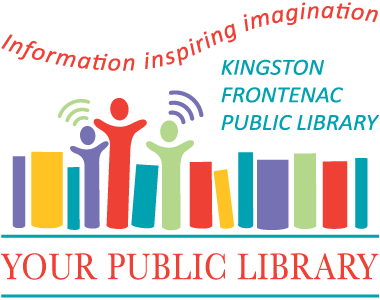"An examination of the ways in which Covid policies, and the scientific debate which surrounded it, were politicized. In response to the Covid pandemic, public and private resources were expended on a vast scale -- truly the equivalent of wartime. 2020 saw the greatest mobilization of emergency powers in human history: people around the world were confined to their homes, not allowed to attend religious services, see family living outside their households, or even take extended solitary walks outdoors. A few weeks after the first society-wide lockdowns in China and Italy, 3.9 billion people were living under some form of quarantine -- half the world's population. In the aftermath of the pandemic, political theorist Stephen Macedo and political scientist Frances Lee argue in this book that there is an urgent need to ask hard questions about the effectiveness and impact of these policies, especially as new studies about them emerge. Was it worth it? Did we do the right thing? Did we debate and deliberate adequately? Did scientists, public health officials, and others sometimes mislead the public or "economize" on the truth in presenting "the science"? Insofar as complexities were simplified, was this just effective public health messaging? If truths were trimmed, could this be justified as "noble lies" in the public interest? Can what seemed expedient in the short run be justified in the long run? And what should we learn about our successes and failures for the next pandemic or, for that matter, any other policy crisis in which it is necessary to rely upon scientific expertise? The book examines how public deliberation fared under Covid, providing a retrospective assessment of policy responses to the pandemic. Macedo and Lee evaluate the performance under pressure of the central truth-seeking institutions of liberal democracy: science, journalism, and universities broadly"--




